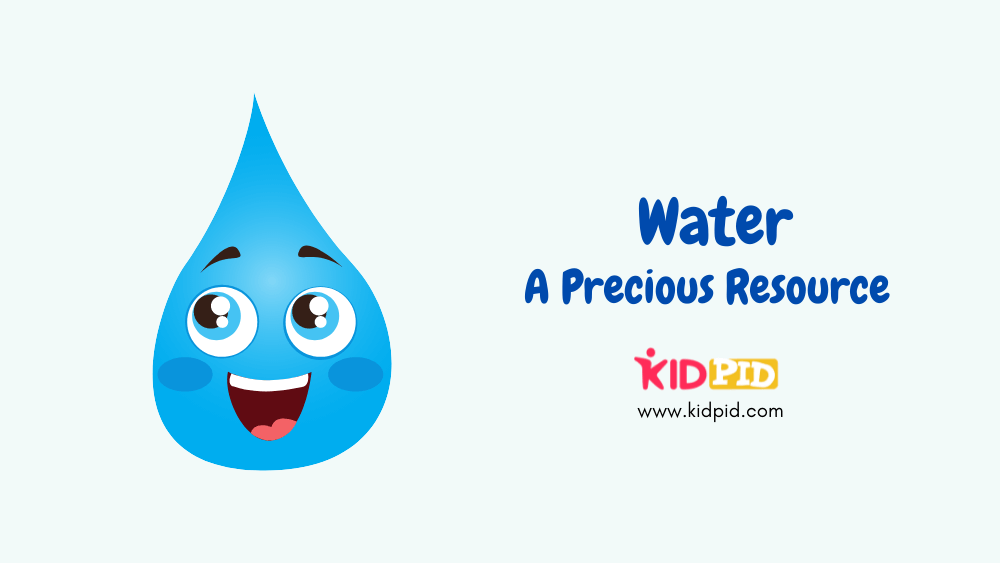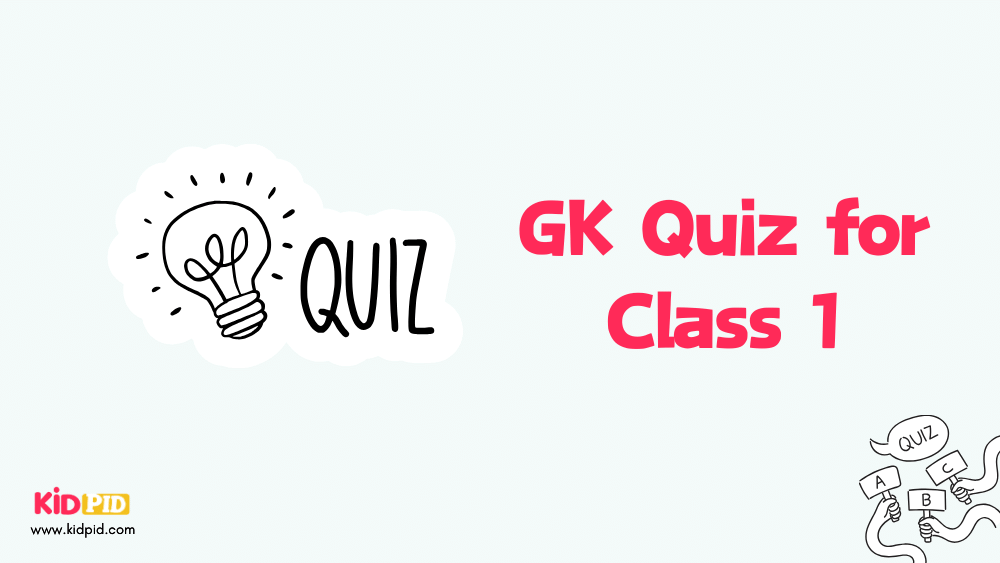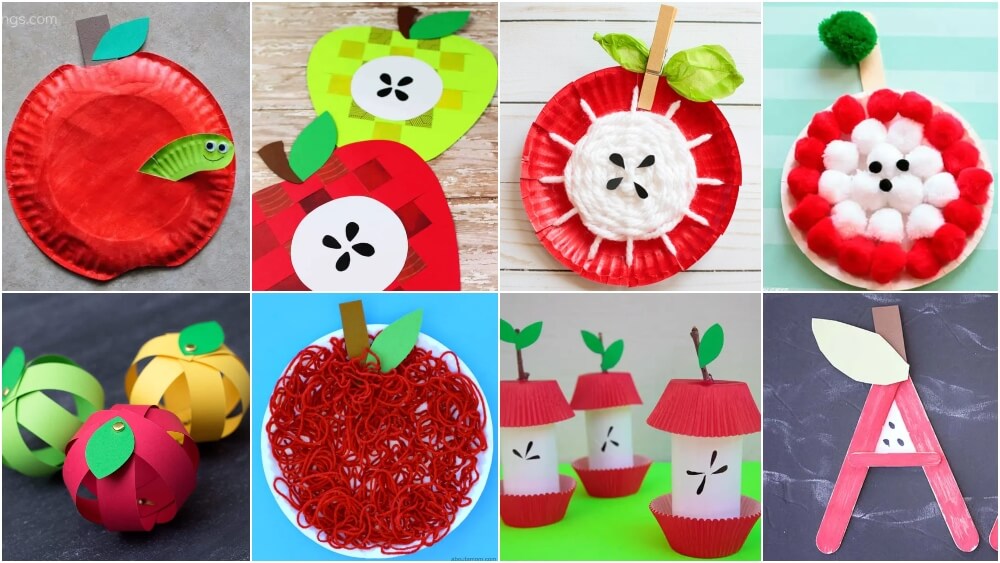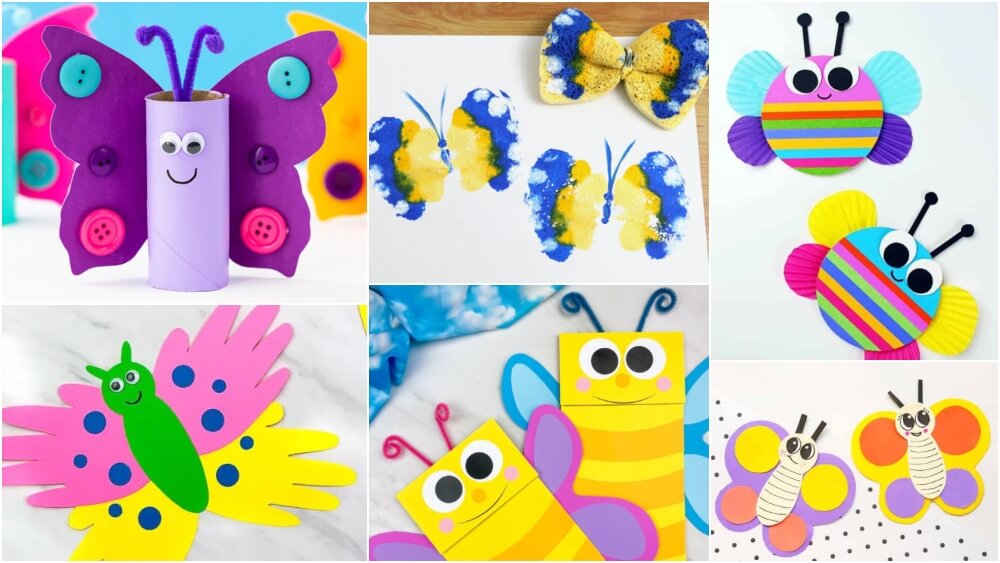Water

- Water is the most important resource in our world.
- Water is an inorganic compound.
- There are 97% of ocean water, 2%of iced water and ONLY 1% of drinking water.
- The chemical formula of Water is H2O.
- Water is an odourless and nearly colourless chemical substance.
- Water is also considered as tasteless , although it’s not true. All of you when you taste water apart from your house it tastes different.
- About two-thirds of earth’s surface is covered with water or 70% of earth’s surface is water.
- Water regulates the Earth’s temperature.
Contents
What do you mean by Saline water?
- Saline water is the water containing dissolved salts mainly Sodium Chloride.
- Saline water is not fit for drinking.
- Ocean contains most of the saline water.
- Saline water is used in gargling as it prevents inflammation. It also helps in killing weeds.
What do you mean by Ground Water?
- Water beneath the surface trapped in sediments and rocks is called groundwater.
- Drinking water is mostly groundwater.
Where do we get Water from?
- Fresh water makes up only 2.5% of the world’s water.
- Most lakes, rivers, marshes and swamps contain freshwater.
- Glaciers also contain a lot of fresh water.
Similarities between Fresh water and Saline water?
- Both forms of water is found in all the three states – solid, liquid and gas.
- Both fresh water and saline water have dissolved materials.
- Body of saline water and fresh water are habitats of many different organisms.
What is Transpiration?
- Transpiration is the loss of water from the Plants in the form of Water Vapor.
- Water is absorbed by roots from the soil.
- Then it is transported as a liquid to the leaves.
- In the leaves, small pores called stomata allow water to escape as a vapor.
What is Evaporation?
- Evaporation is a process in which liquid state changes into a gaseous state due to an increase in temperature or an increase in Pressure.
What is Condensation and how is rain formed?
- Condensation is a process in which gaseous forms turns in liquid form.
- This happens when the air gets cooler.
- Water droplets clump together to form a cloud.
- It so happens that many droplets of water come together to form larger sized drops of water.
What is Precipitation?
- Precipitation is water that falls in any form like rain, snow from the sky to the earth.
Water Cycle:
- The water cycle consist of 3 main processes – Evaporation , condensation and Precipitation.
The steps of water cycle are:
- The water cycle begins with evaporation where the water on the earth surface turns into vapor
- As water turns into vapor it rises up in the atmosphere and due to high altitudes the water changes into water droplets because of low temperature.
- The small water droplets come together and form clouds.
- Now when the air cannot hold any more water , it precipitates that means the water droplets fall down as rain.
- After raining, some of the water is absorbed by the soil.
- The roots of the plant absorb the water and it is received by the leaves where it is used for photosynthesis.
- The extra water is moved out of the leaves through small pores(stomata) as water vapor.
Water Conservation:
- It is the method by which we can use water efficiently.
- It helps us to reduce the waste of water.
- we can stop taking bath from showers , as it consumes a lot of water.
- If you are washing dishes then close the tap while using the soap.
- While drinking water , take as much water you need to drink . Don’t take excess water that you will not be able to drink and you have to throw it. If taken excess water you can water plants instead of throwing it.
- While brushing your teeth , don’t let the tap running.
Rainwater Harvesting:
- Rainwater harvesting is the collection and storage of rain for later use rather than allowing it to get wasted.
- The frequency, quantity and the quality of the rainfall play a vital role in the amount of water harvested.
The benefits of Rainwater Harvesting are:
- It costs less.
- Promotes both water and energy conservation
- It is easy to operate.
- It reduces soil erosion, flooding, and pollution of surface water with fertilizers, pesticides etc..
- It is an excellent source of water for irrigation with no chemicals and free from minerals.
There are also several disadvantages:-
- Regular maintenance is required.
- Limited or no rainfall can affect the supply of Rainwater.
- Storage limits.
Fun Facts about Water:
- 70% of the human brain consist of water.
- Two glasses of water are required to produce each page of a book.
- 80% of all illness in the developing world is water related.
- A person can live about a month without food, but only about a week without water.
- Water expands by 9% when it freezes.
- Too much drinking water is fatal . ( Anything too less or too much can affect your health so an appropriate amount is needed).






Responses